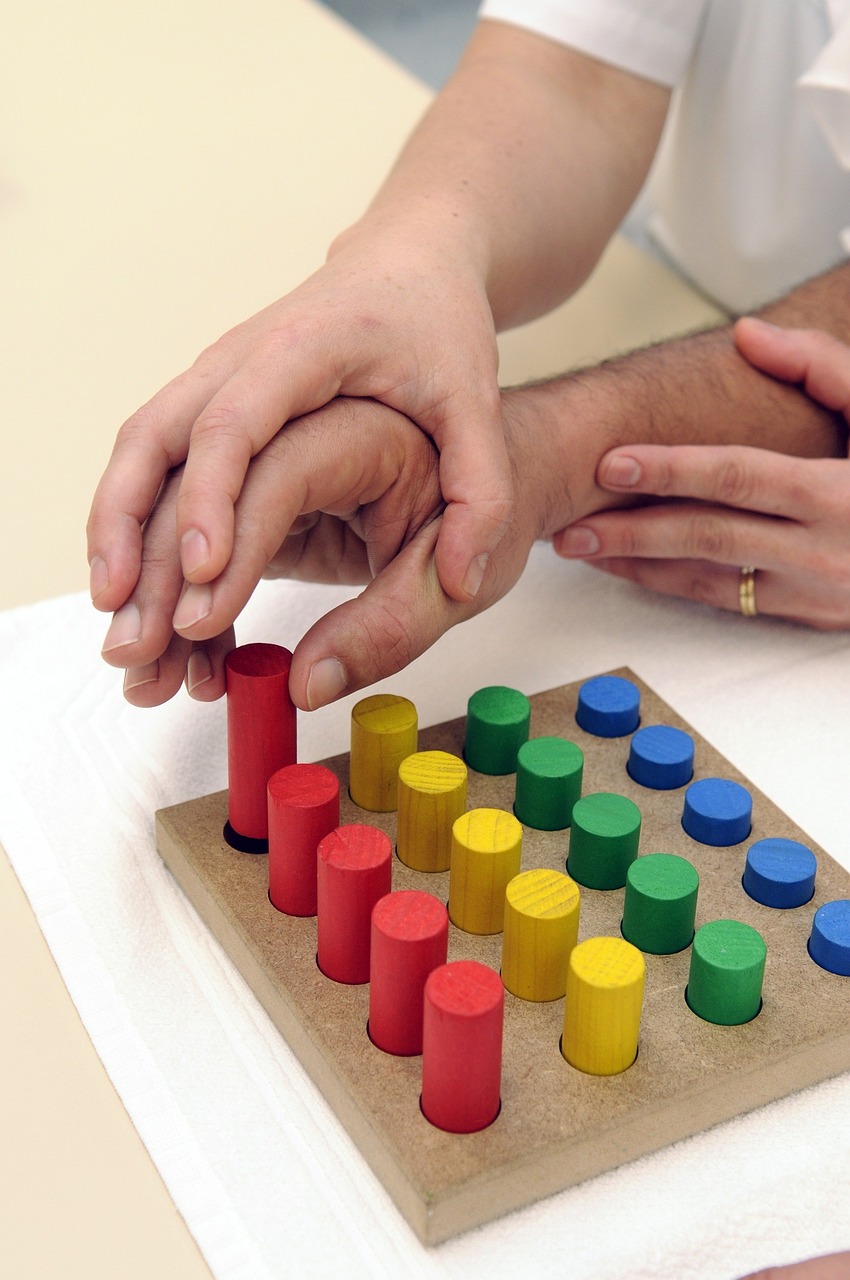Occupational therapists (OTs) are healthcare professionals who help people of all ages participate in the activities they want and need to do through the therapeutic use of everyday activities (occupations). Here’s more information about occupational therapy:
- Education and Training: Occupational therapists typically hold a master’s degree in occupational therapy from an accredited program. Some programs offer doctoral degrees in occupational therapy as well. The coursework includes studies in anatomy, physiology, psychology, human development, occupational therapy theory and practice, and fieldwork experiences.
- Licensure and Certification: In most countries, occupational therapists are required to be licensed to practice. Licensing requirements vary by jurisdiction but generally include completing a graduate degree, supervised clinical experience, and passing a national examination. Some occupational therapists also pursue specialized certification in areas such as pediatrics, geriatrics, mental health, or hand therapy.
- Roles and Responsibilities: Occupational therapists work with individuals who have physical, developmental, cognitive, or emotional challenges that affect their ability to participate in daily activities. They assess clients’ abilities, interests, and goals and develop personalized treatment plans to improve their functional independence and quality of life. Treatment may include therapeutic exercises, adaptive equipment, environmental modifications, and skill-building activities. Occupational therapists work in a variety of settings, including hospitals, rehabilitation centers, schools, nursing homes, mental health facilities, and private practice.
- Areas of Practice: Occupational therapists work with clients across the lifespan and in various practice areas, including:
- Pediatric occupational therapy: Helping children develop the skills needed for play, learning, and self-care activities.
- Geriatric occupational therapy: Assisting older adults in maintaining independence and participating in meaningful activities despite age-related changes or disabilities.
- Mental health occupational therapy: Supporting individuals with mental health conditions in managing daily life activities, improving coping skills, and enhancing overall well-being.
- Hand therapy: Specializing in the rehabilitation of hand and upper extremity injuries or conditions through therapeutic interventions and custom splinting.
- Skills and Qualities: Occupational therapists need strong interpersonal and communication skills to establish rapport with clients, collaborate with other healthcare professionals, and provide education and support to clients and their families. They also need problem-solving skills, creativity, empathy, and patience to address clients’ unique needs and develop effective treatment plans.
- Career Outlook: The demand for occupational therapists is expected to grow as the population ages and as awareness of the importance of occupational therapy in promoting health and well-being increases. Occupational therapists enjoy a rewarding career helping people overcome challenges and achieve their goals in various aspects of daily life.
Overall, occupational therapy is a dynamic and fulfilling profession that focuses on enabling individuals to live life to the fullest by engaging in meaningful activities and occupations.


